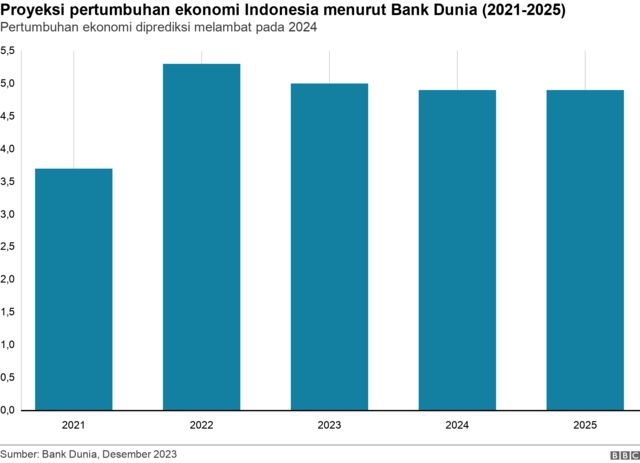
Government Announces Plan to Privatize 24 Major State-Owned Enterprises by 2029
The government has unveiled a significant initiative to privatize 24 major state-owned enterprises (SOEs) by 2029, sparking widespread debate and discussion. This decision was officially approved by the Cabinet Committee on Privatisation (CCoP) during a meeting held on August 2, 2024, and later ratified by the Federal Cabinet on August 13, 2024. The announcement was made in response to questions raised in the National Assembly.
The privatization plan is structured into three distinct phases, with the first phase already underway. The timeline for each phase ranges from one to five years, depending on the complexity of the enterprise involved. The objective of this move is to reduce financial losses incurred by these institutions and attract foreign and domestic investments to stimulate economic growth.
The list of SOEs slated for privatization includes some of the country's most well-known entities. These include Pakistan International Airlines (PIA), Roosevelt Hotel in New York, First Women Bank, Zarai Taraqiati Bank (ZTBL), House Building Finance Corporation (HBFC), Utility Stores Corporation (USC), State Life Insurance Corporation (SLIC), as well as several power generation companies such as Jamshoro and Central Power GENCOs. Other entities like LESCO, HESCO, MEPCO, PESCO, and various DISCOs are also included in the program.
The first phase of the privatization plan targets 12 institutions, including PIA and several engineering firms. The second phase will focus on insurance companies, power utilities, and other service providers. The third and final phase will involve entities such as Postal Life Insurance, indicating a long-term shift in the government’s role in managing public assets.
This move is seen as a strategic step to improve efficiency and reduce the burden on public finances. However, it has faced strong opposition from the opposition benches, who have expressed concerns over the potential impact on employment, national sovereignty, and economic stability.
In addition to the privatization plans, the government has also highlighted recent developments in international trade. During a question hour, the Minister of State for Finance, Bilal Azhar Kayani, mentioned that a trade deal with the United States offers a 19% tariff rate for Pakistani exports, which is the lowest in the South Asian region. This agreement is expected to boost Pakistan’s export capabilities and contribute positively to the economy.
The government has also emphasized its commitment to social welfare programs. A total of 716 billion rupees has been allocated for the Benazir Income Support Program, representing a 21% increase compared to the previous year. This funding aims to support low-income families and enhance their quality of life.
Regarding security issues, the Minister of State for Interior, Talal Chaudhary, stated that the government remains committed to eradicating terrorism through the implementation of the National Action Plan. He attributed the May 9 incident to the Pakistan Tehreek-e-Insaf (PTI) party and its workers.
In the health sector, the Parliamentary Secretary for National Health Services, Nelson Azeem, assured the assembly that there is no shortage of essential medicines, including insulin and cancer drugs. He also confirmed that the prices of these life-saving medications have not increased.
Finally, the National Assembly passed the Pakistan Land Port Authority Bill, 2025, marking another legislative milestone. This bill aims to streamline the operations of land ports and enhance cross-border trade and security.
